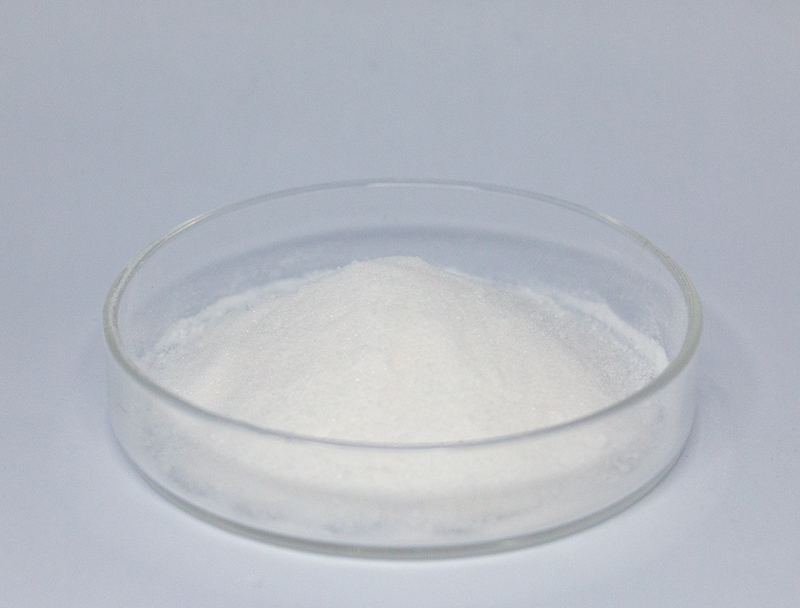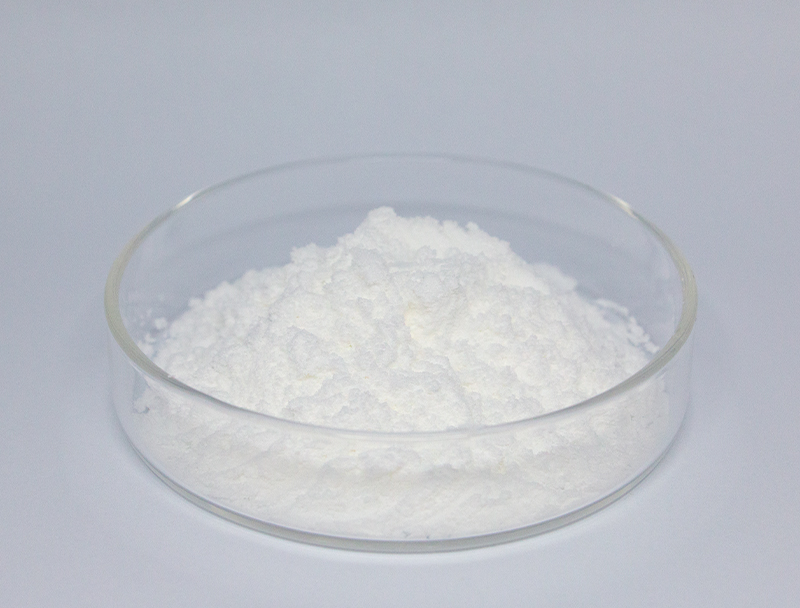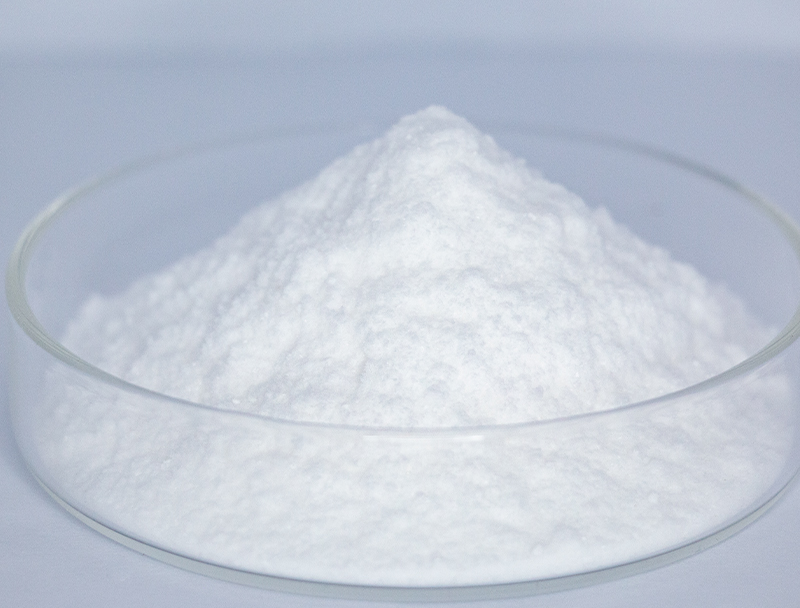energy-efficient waste-minimizing materials vetted arginine alpha-ketoglutaric conjugate

Large-scale bioproduction hinges upon an extensive collection of starting materials for generating cutting-edge biobased goods.
Ensuring sustainably sourced materials forms the foundation of durable, responsible industrial growth.
numerous problems stemming from established sourcing methods including biodiversity loss and excessive resource use. Therefore, biomanufacturing companies must actively seek out alternative sourcing strategies to minimize their ecological footprint.
- Models of sustainable material sourcing include:
- Using repurposed agricultural residues as substrates
- Establishing regenerative loops to cut waste and elevate material utilization
- Forging alliances with neighborhood suppliers supporting green sourcing
Moving toward responsible sourcing creates ecological improvements and economic resilience.
Upgrading Feedstock Traits for Better Biofuel Performance
Maximizing the efficiency of biofuel production relies heavily on the quality and composition of biomass feedstocks. Scientists are constantly exploring novel strategies to optimize these feedstocks, facilitating elevated yields and a renewable energy transition. Methods encompass cellular engineering to augment biomass output and refining processes to liberate fermentable carbohydrates.
- Moreover, investigations target novel feedstocks like microalgae, municipal residues, and field residues to widen the pool of renewable biomass for biofuel use.
- With persistent development the field will likely demonstrate notable gains that foster a more sustainable energy system.

Optimizing Early-Stage Biomanufacturing Processes
comprises front-end procedures like culture expansion and cell retrieval Contemporary breakthroughs have refined protocols and elevated product throughput.
Meaningful breakthroughs include engineered cell strains, enhanced culture formulations, and modular reactor designs. Such breakthroughs boost efficiency and simultaneously reduce manufacturing costs and carbon burdens.
- Concurrently, continuous manufacturing approaches bring amplified flexibility and more consistent upstream outcomes.
- Embracing sophisticated manufacturing strategies is poised to change industry norms and shorten development cycles.

Advances in Gene Editing to Boost Therapeutic Production
progresses in gene editing technologies, such as CRISPR-Cas9, have revolutionized the production of biopharmaceuticals. Through controlled genetic modifications, practitioners increase therapeutic protein production. The approach may facilitate scalable, low-cost therapeutic production for numerous diseases.
Using Microbial Systems for Site-Specific Remediation
state-of-the-art biological cleanup solutions using targeted microbial actions. Microbial communities can biotransform hazardous materials into lower-risk substances. Utilizing microbial metabolism supports eco-friendly site cleanup methods that limit secondary harm from remediation.. Scientists evaluate varied microbes for potential to remediate metal contaminants, pesticide compounds, and oil-derived pollutants.. Such organisms are usable in treatment systems or applied directly to soils and waters to drive biodegradation of contaminants..
Biological remediation using microbes yields meaningful benefits compared to conventional strategies. This method provides a low-cost, low-waste alternative to conventional remediation. In addition, microbial approaches enable pollutant-specific treatment without broad ecological disruption. Advancements continue apace to increase the speed, efficiency, and applicability of microbial remediation techniques.
Digital Methods Accelerating Pharmaceutical Discovery
Data-driven bioinformatics is critical for modern pharmaceutical innovation. By analyzing biological data to select and improve leads, computational methods support efficient drug development.
- By analyzing vast datasets of genomic, proteomic, and clinical data, bioinformaticians can uncover novel drug targets and predict the activity of potential therapeutics.
- In addition, predictive simulations inform medicinal chemistry efforts to craft more efficacious drugs.
- In summary, bioinformatics overhauls pharmaceutical R&D and quickens the path to safe therapeutics for patients.
Metabolic Engineering Strategies for Enhanced Bioproduct Synthesis
deploys several tactics to elevate cellular production of valuable biochemicals. Strategies involve pathway refactoring by genetic modification, expression modulation for balanced flux, and grafting of novel genes to add capacity.. By fine-tuning these processes, engineers can significantly increase the yield of desired bioproducts.
Such an integrated approach may disrupt diverse fields including therapeutics, crop science, and sustainable fuels.

Scaling Biopharma Production: Hurdles and Advantages
Upscaling therapeutic manufacturing brings major obstacles along with promising prospects. Ensuring product consistency at larger manufacturing scales represents a major hurdle. This requires robust process control, precise monitoring, and sophisticated analytical techniques.

The multi-faceted nature of production steps adds complexity to scaling efforts. Optimizing these processes for large-scale production can be a complex undertaking, requiring extensive research and technological innovation.. Yet, the returns can be substantial. Effective scale-up may expand patient access to therapies, cut unit costs, and improve margins.
Multiple programs focus on resolving scale-up difficulties. Examples include novel optimization technologies, predictive analytics for real-time control, and inventive production models.
- R&D initiatives significantly drive enhancements in manufacturing capacity.
- Oversight institutions are updating guidelines to ease approval of manufacturing advances and catalyze innovation.
Regulatory Strategies for Biopharma Compliance and Patient Protection
Producing biopharmaceuticals demands comprehensive oversight to guarantee safety and clinical effectiveness. Biologics sourced from living systems pose distinct regulatory and manufacturing complexities versus small-molecule drugs.
Authorities including the FDA and EMA implement guidelines and thresholds to assess and approve novel biologic products.
Comprehensive testing regimens must be followed from early-stage research through ongoing post-approval monitoring.. These steps are designed to surface risks and verify that biopharmaceuticals comply with elevated safety thresholds..
Likewise, authorities progressively modify regulatory tactics to follow the speed of innovation in biopharma.. Measures involve adopting innovative technologies and enabling development acceleration without compromising patient welfare.

Plant-Origin Feedstocks in the Production of Bioplastics
The expanding market for green materials prompts increased R&D into bio-based solutions. Using plant feedstocks to make bioplastics gives a promising direction for sustainable material development. Feedstocks including cornstarch, plant cellulose, and sugarcane derivatives yield biodegradable plastics which break down and mitigate plastic pollution.
In addition, certain bioplastics match performance of petroplastics, enabling broad applicability in multiple sectors.. Sustained research efforts are necessary to optimize plant feedstocks for mass bioplastic production and enable circularity.
Biotech Contributions to Global Health and Crop Productivity
Advanced biotech approaches can reshape healthcare delivery and enhance agricultural resilience. Applying targeted genetic edits, synthetic biology frameworks, and cellular therapeutics, practitioners produce measures to address infectious disease, boost harvests, and upgrade nutritional content.. A concrete example includes modified crops engineered for pest and stress tolerance that GABA yield more while decreasing pesticide needs. Furthermore, biotechnology supports creation of vaccines, therapeutic agents, and advanced diagnostics that strengthen responses to infectious threats and enhance health outcomes.. With persistent development, biotech stands to offer transformative solutions for global health and long-term food security.
